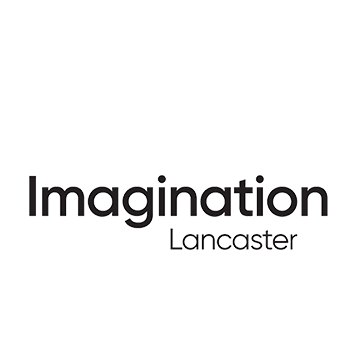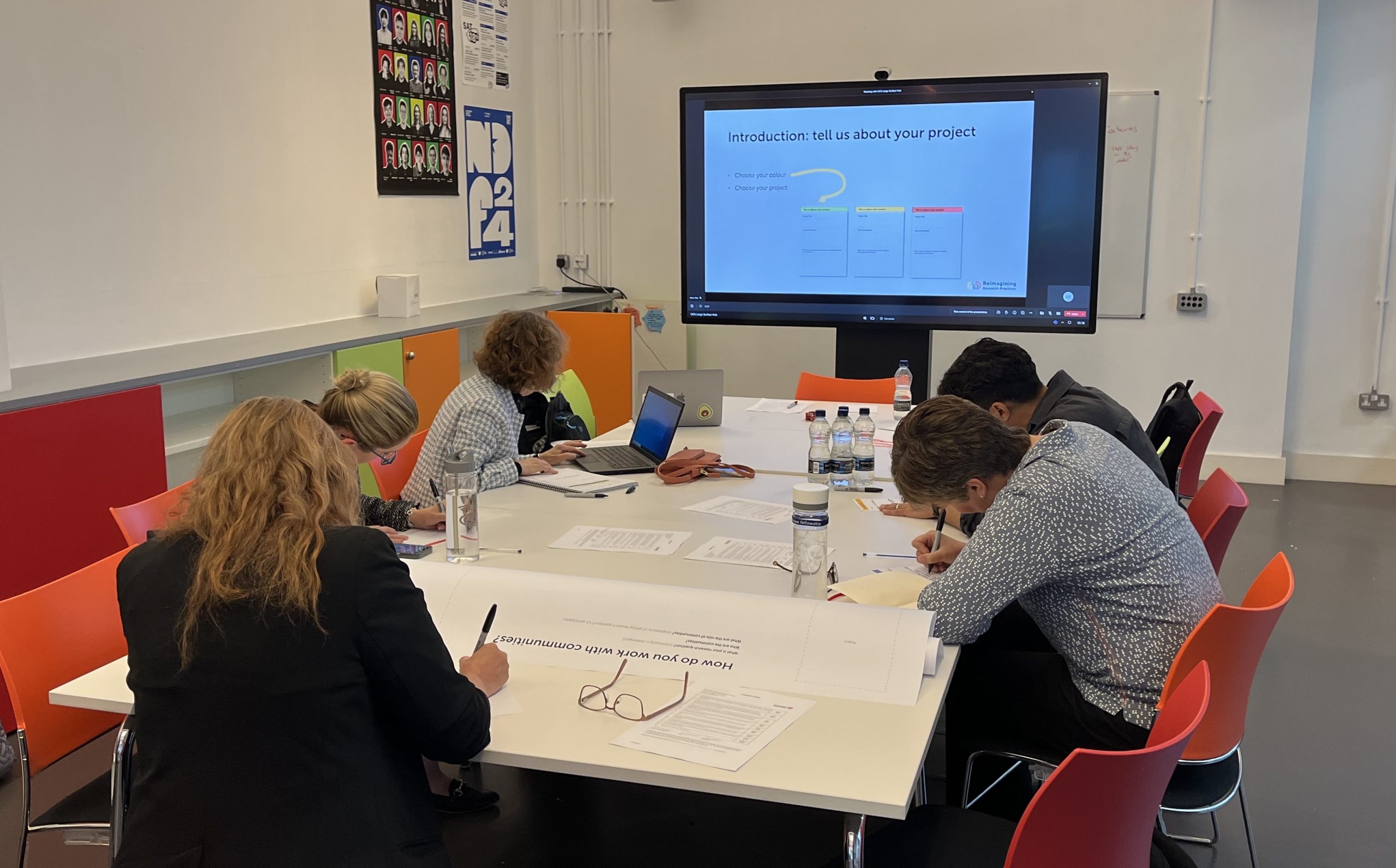Reimagining Research Practices: Towards a Sustainable, Ethical, and Inclusive Future
The “Reimagining Research Practices: Towards a Sustainable, Ethical, and Inclusive Future” project is a 2-year initiative funded by the Wellcome Trust, bringing together various departments and services within Lancaster University, including LICA, the Library, LEC, Psychology, and Research Services. Within this interdisciplinary team, Prof Carlos Lopez-Galviz and Dr Nuri Kwon from ImaginationLancaster in LICA explore the inclusion perspective by working closely with Elaine Sykes, the Head of Open Research at the Library, and two Education Fellows, Dan Craddock and Valerie Seymour. We aim to explore and enhance our understanding of research practices to make them more inclusive and supportive of marginalised or disadvantaged communities.
At this stage, the team wants to identify and learn from research initiatives across Lancaster University faculties that have engaged with these communities since 2021. We acknowledge that the complexity and complication of the terminology regarding ‘marginalised’ and ‘disadvantaged’ can be contentious and may not fully capture the diversity of experiences. Thus, there is an open space for further discussion of terms such as ‘hard-to-reach communities’ or ‘communities with special needs.’
So far, the team has defined communities of individuals perceived as different from the majority population in their respective areas. This perception often leads to their exclusion from social and educational opportunities typically accessible to the majority. These differences can be based on various characteristics, including social conditions, ethnicity, disability, gender, and cultural differences (Shevlin & Rose, 2022).
To understand the inclusive practices of university researchers, we have currently done the following:
- Mapped out the projects within Lancaster University that work with these communities.
- Organised and conducted interviews and focus groups with each faculty member in FASS (Faculty of Arts and Social Sciences)

